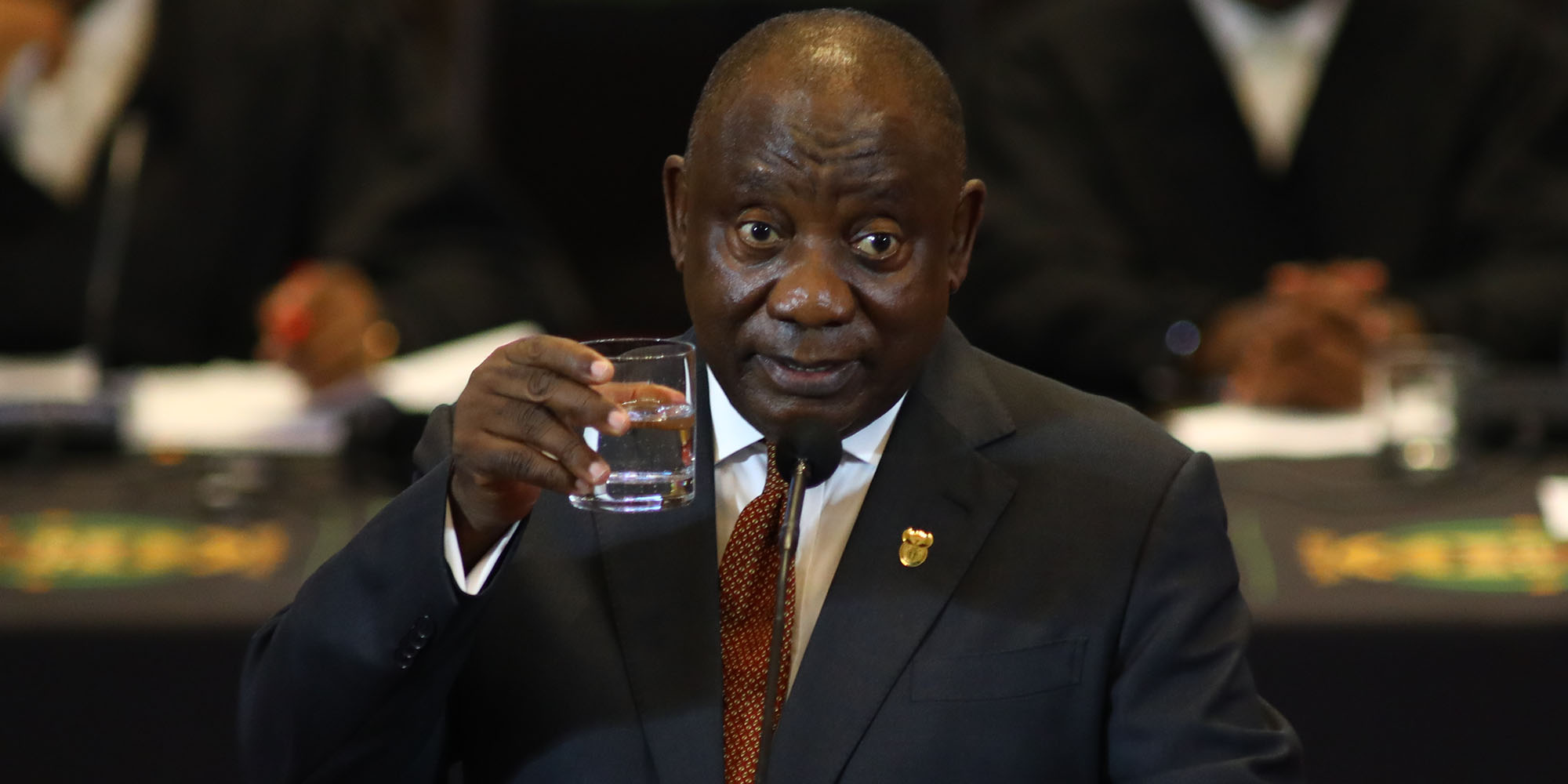President Cyril Ramaphosa’s speech centred on finding solutions for four key issues facing South Africans – the load shedding crisis, reducing unemployment, poverty and the rising cost of living as well as combating crime and corruption.
Read more in Daily Maverick: “Cost of living in SA reaches critical highs for rich and poor alike”
Load shedding solutions
The ongoing load shedding has taken a toll on citizens and business, and has prompted the government to look for a viable solution to the crisis in the short and long term. The President said:
- Minister of Cooperative Governance and Traditional Affairs Nkosazana Dlamini Zuma had gazetted the declaration of the State of Disaster, which began with immediate effect.
- He would expand his Cabinet by appointing a minister of electricity in the Presidency. The role of the minister would be to take full responsibility for overseeing all aspects of the electricity crisis response, including the work of the National Energy Crisis Committee.
- This year, he would ensure the Electricity Regulation Amendment Bill was passed to transform the energy sector and establish a competitive electricity market.
So who is in charge of electricity?
Minister of Electricity
Minister of Mineral Resources and Energy (@GwedeMantashe1 may be left with just mining)
Minister of Public Enterprises
I guess we will hear in a few days.— Ferial Haffajee (@ferialhaffajee) February 9, 2023
Reducing unemployment
The President spoke about the unemployment crisis and mentioned several programmes aimed at ensuring that young people were introduced to the world of work. The Covid-19 pandemic worsened a situation of deep unemployment leading to at least two million job losses. He announced:
- The Social Employment Fund was recruiting 50,000 participants in its next phase of undertaking work for the common good.
- The National Youth Service would create a further 36,000 opportunities through nonprofit and community-based organisations.
Read more in Daily Maverick: “We can’t just wave goodbye to Eskom – we need to fix it, and it’s possible”
Rising cost of living
- Social grants had to be increased to cushion the poor against rising inflation.
- Work was underway to develop a mechanism for targeted basic income support for the most vulnerable, within fiscal constraints.
- The National Treasury was considering the feasibility of urgent measures to mitigate the impact of load shedding on food prices.
Comment: civil society: all eyes 👀 on that national state of disaster. It includes aid to beleaguered businesses. Last time, government tried to impose race measures on aid packages and then connected cadres and civil servants stole billions. All eyes 👀 on duty. #SONA2023
— Ferial Haffajee (@ferialhaffajee) February 9, 2023
Crime and corruption
- The government was looking at partnering with the private sector to support the proper functioning of the 10111 crime helpline, to ensure that when people called the police, their calls were answered and their emergencies attended to.
- Significantly more funding would be made available for the police, the National Prosecuting Authority and the Special Investigating Unit.
- In a move that would ensure the safety of whistle-blowers, Ramaphosa said the government was working towards capacitating the Witness Protection Unit and would introduce amendments to the Protected Disclosures Act and Witness Protection Act to strengthen protections for whistle-blowers.
- In response to the State Capture Commission and in line with the framework for the professionalisation of the public service, integrity assessments would become a mandatory requirement for recruitment to the public service and entry exams would be introduced. DM





 President Cyril Ramaphosa delivers the State of the Nation Address in the City Hall, Cape Town on 9 February 2023. (Photo: Shelley Christians)
President Cyril Ramaphosa delivers the State of the Nation Address in the City Hall, Cape Town on 9 February 2023. (Photo: Shelley Christians)